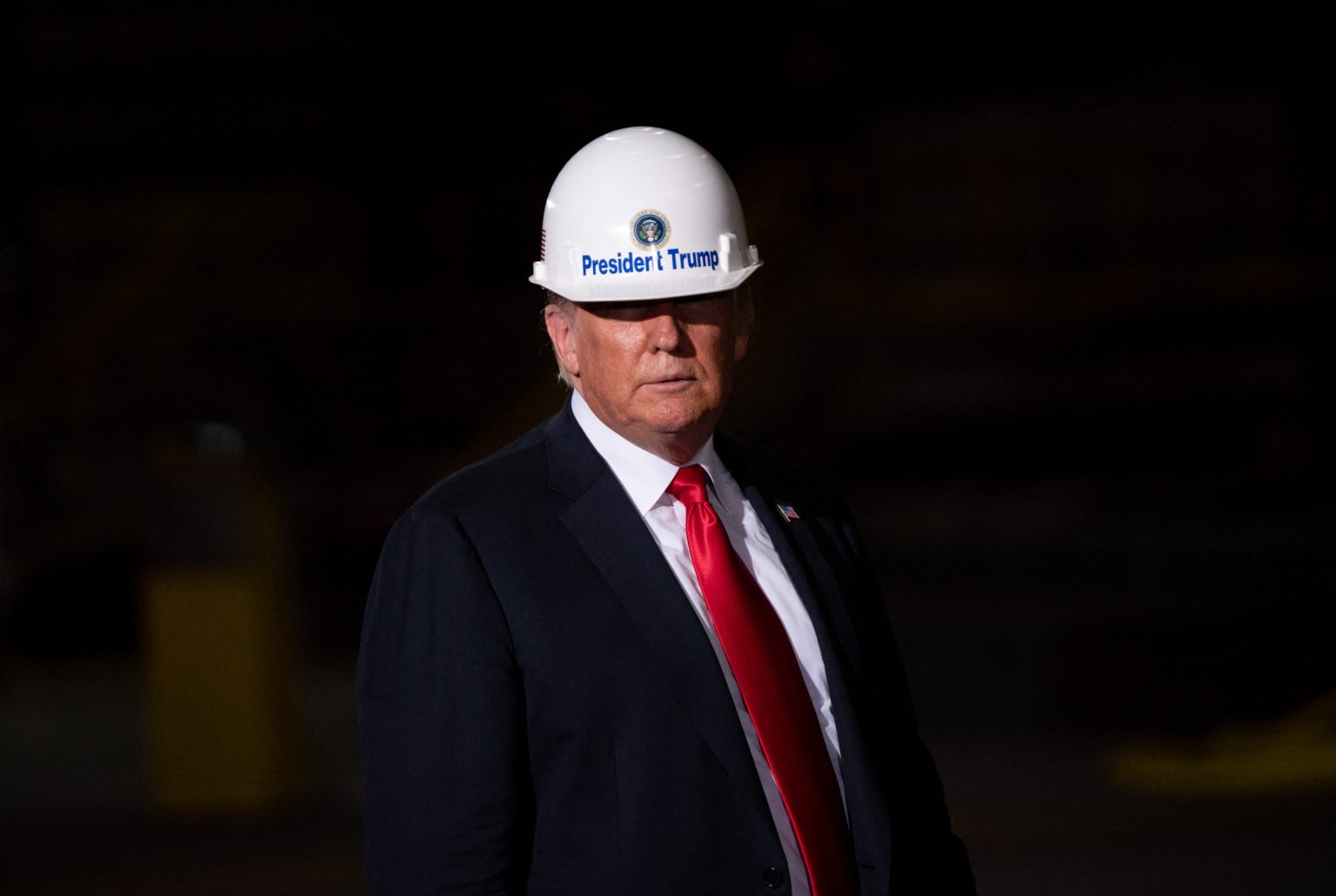President-elect Donald Trump has made a strong declaration against Nippon Steel’s proposed $15 billion acquisition of U.S. Steel, intensifying debates and concerns surrounding this contentious corporate deal. Posting on his Truth Social platform, Trump indicated his staunch opposition, emphasizing, “I am totally against the once great and powerful U.S. Steel being bought by a foreign company, in this case Nippon Steel of Japan.” He underscored his intent to leverage tax incentives and tariffs to restore U.S. Steel’s strength, asserting that he would take immediate action to block the acquisition. His comments signal a willingness to confront international economic maneuvers that he perceives as detrimental to American interests, especially given the historical significance of U.S. Steel in the nation’s industrial landscape.
Nippon Steel, recognized as Japan’s largest steelmaker and the world’s fourth-largest steel producer, is reportedly racing against time to finalize the acquisition by the end of the year, amid Trump’s impending return to power. The transaction, initially announced in December 2023, has galvanized a wave of opposition not only from Trump but also from labor unions and even President Joe Biden, showcasing a rare moment of bipartisan dissent regarding foreign buyouts of American companies. Labor unions have voiced strong concerns regarding the potential impact this foreign takeover could have on American jobs and national security, creating a united front across party lines against the proposed acquisition.
The Committee on Foreign Investment in the United States (CFIUS) has extended its review period for Nippon Steel’s acquisition, pushing the examination deadline through December. Key negotiator and vice chairman of Nippon Steel, Takahiro Mori, expressed hopefulness regarding the deal’s closing under the current administration, indicating a belief that the CFIUS process would not face unnecessary delays irrespective of the electoral outcomes. Trump had previously committed to blocking this acquisition even before the election, foreshadowing the escalation of tensions between domestic industry and foreign investment interests.
In a bid to mitigate the concerns raised by the U.S. government and labor unions, Nippon Steel has made significant social guarantees and investment pledges, signaling its commitment to U.S. Steel and the United Steelworkers union. Among these concessions is a proposal to divest its interest in a U.S. joint venture steel plant contingent upon the acquisition’s approval. This approach highlights the complexity of navigating international acquisitions, where companies often resort to strategic concessions to appease regulatory and public sentiment.
Seeking further legitimacy in the eyes of the new administration, Nippon Steel has brought on board former U.S. Secretary of State Mike Pompeo as an adviser. Pompeo’s involvement suggests that the company is taking strategic steps to foster close ties with Trump’s upcoming leadership team, with optimism that the acquisition aligns with Trump’s broader agenda of increasing domestic investments and economic growth. Mori highlighted the necessity of building these connections to potentially sway the administration’s perspective regarding foreign investments.
In the midst of these corporate maneuvers, Nippon Steel is grappling with significant financial challenges, prompting reassessment of its economic projections. The company has adjusted its full-year net profit forecast to 310 billion yen ($2 billion) from an earlier prediction of 340 billion yen due to inventory losses and lackluster domestic demand. Nevertheless, amid these strains, Nippon Steel remains committed to its dividend target, reinforcing its intention to uphold investor returns. The unfolding events around the acquisition serve as a litmus test for the future landscape of foreign investments in the U.S. and the balance of power between protecting domestic industries and engaging in global trade.

